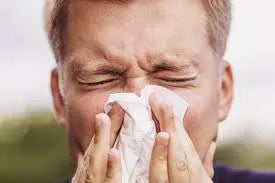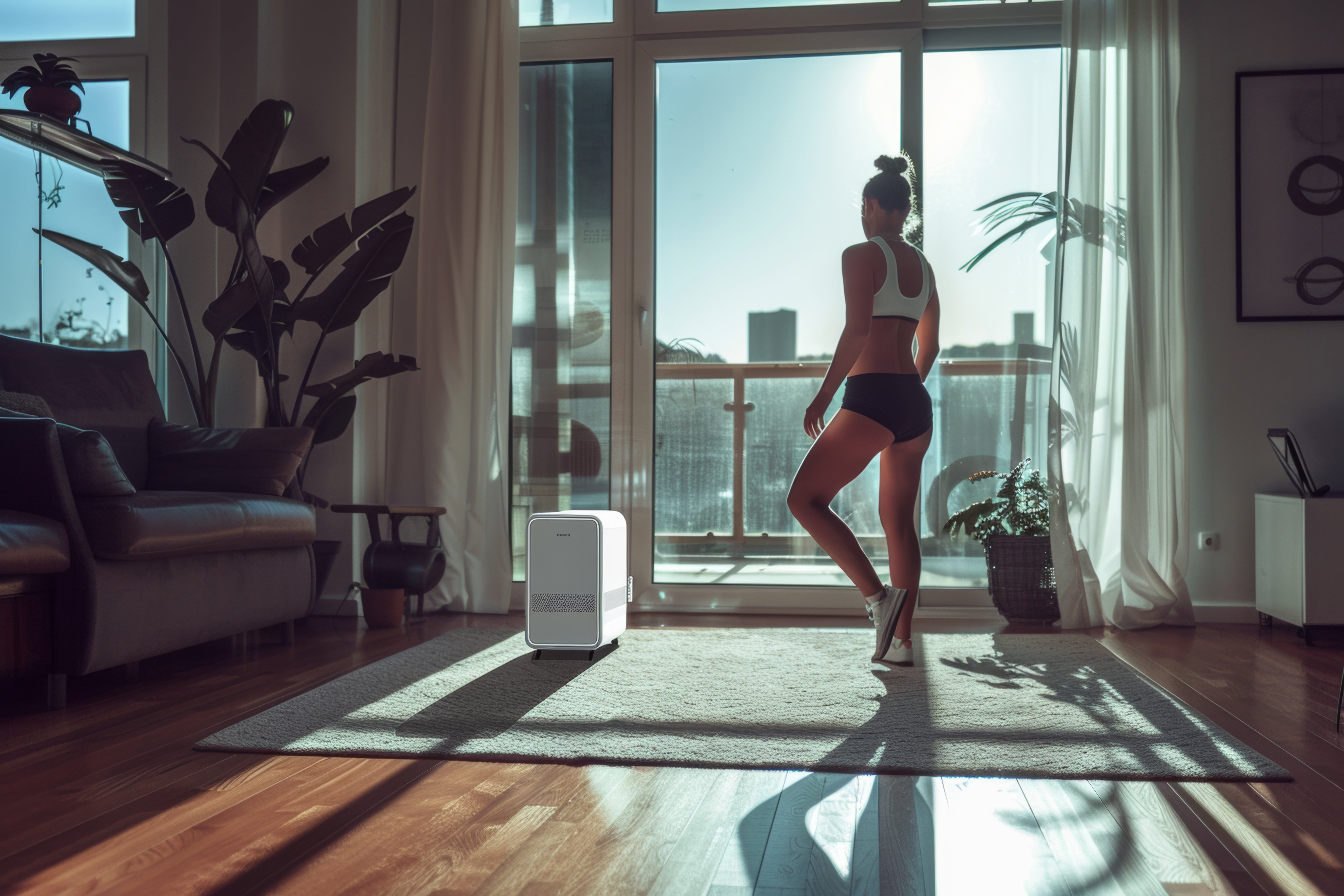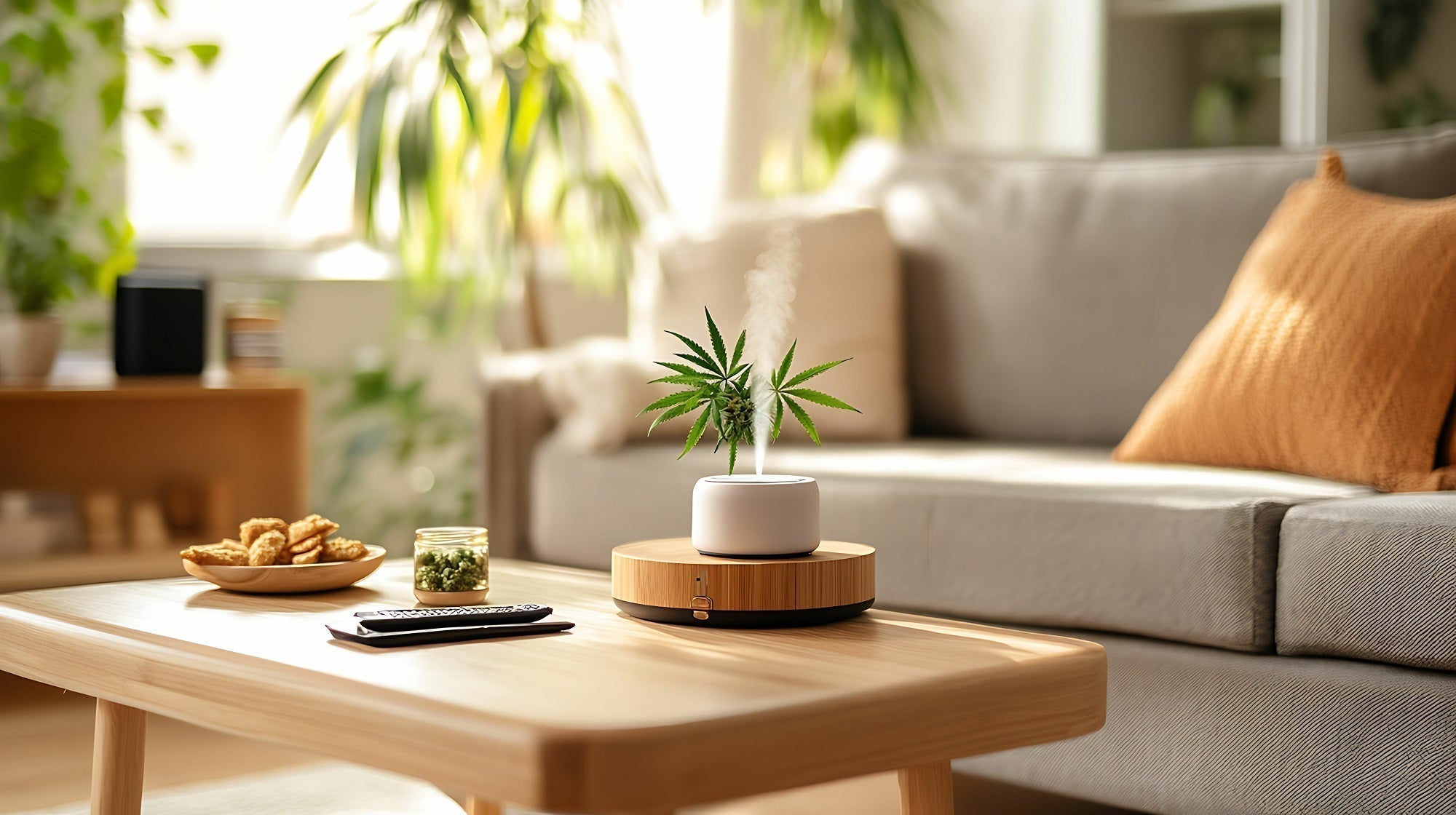How do I know if I have Hay Fever or a Cold? And what is the best air purifier for hay fever sufferers?

Identifying Hay Fever

- Seasonal Pattern: Hay fever symptoms often appear during specific seasons, such as spring (tree pollen), summer (grass pollen), or fall (weed pollen).
- Itchy, Watery Eyes: Persistent itchiness and redness in the eyes are common symptoms of hay fever.
- Sneezing and Runny Nose: Frequent sneezing and a runny or stuffy nose are hallmark signs of hay fever.
- No Fever: Despite its name, hay fever does not cause an actual fever.
Distinguishing Cold from Hay Fever:
Colds, on the other hand, are viral infections caused by different viruses and can occur at any time of the year. Here are some key differences between colds and hay fever:- Duration: Colds typically last for about a week, while hay fever symptoms may persist throughout an entire season.
- Fever and Body Aches: Colds can cause mild fever and body aches, which are not present in hay fever.
- Phlegm and Cough: Colds often produce phlegm and a cough, which are rare symptoms of hay fever.
Breathing Easy with MedicAir Air Purifiers:
Whether you’re battling hay fever or a cold, clean indoor air can make a significant difference in your comfort and well-being. MedicAir air purifiers, equipped with microbially coated HEPA H13/14 filters, are designed to remove up to 99.97% of allergens, including pollen, dust mites, and pet dander. By incorporating MedicAir air purifiers into your living space, you can create a sanctuary free from airborne allergens, helping alleviate hay fever symptoms and providing relief during colds.

Conclusion
https://www.medicair.co.uk/shop/Knowing the difference between hay fever and a cold is crucial in understanding how to address your symptoms effectively. If you suspect hay fever and want to breathe easy all season long, consider investing in MedicAir air purifiers. With their superior air purification technology, MedicAir units can remove allergens from the air, providing a fresh and clean environment for you to thrive. Say goodbye to the confusion and discomfort and embrace the ease of breathing with MedicAir air purifiers by your side, ensuring that you can enjoy each day to the fullest, no matter the season.Recent Blogs
Independent Global Testing Confirms MedicAir’s Filtration Excellence
Two of MedicAir’s flagship systems – the MedicAir Pro and MedicAir Pro Max – have been independently verified for their outstanding performance in real-world environments, following rigorous testing conducted in Kuwait by international air filtration expert Dr Iyad Al-Attar.
Heatwaves and Indoor Air Quality: How MedicAir Safeguards Health and Productivity
The recent heatwave has brought swelteringly high temperatures across the UK, significantly impacting indoor air quality (IAQ) and indoor environmental quality (IEQ).
Why Indoor Air Quality Matters for Cannabis Grow Rooms
With MedicAir, you get more than just air purification–you get peace of mind, knowing your plants are thriving in a controlled, contaminant-free environment.


